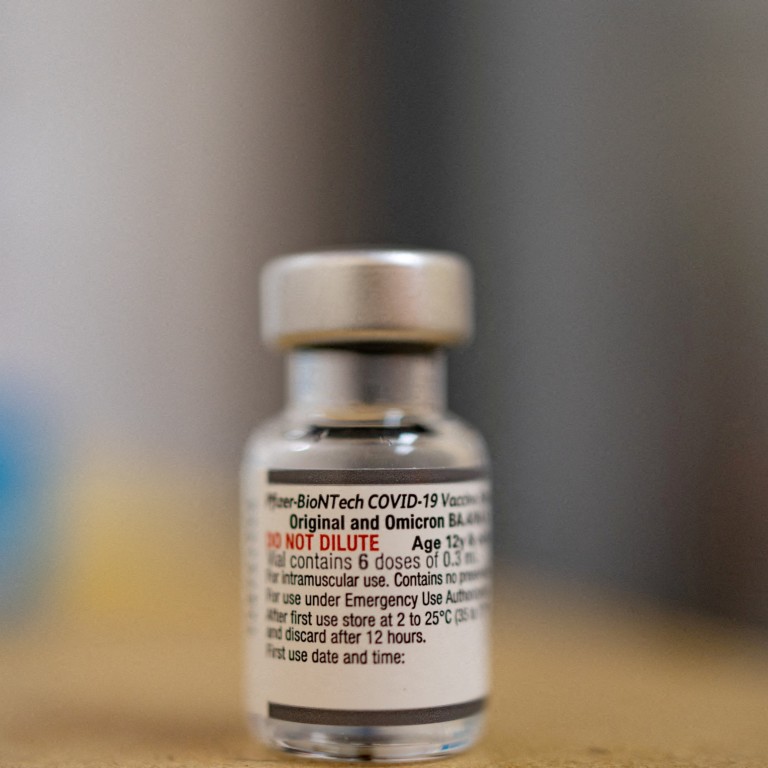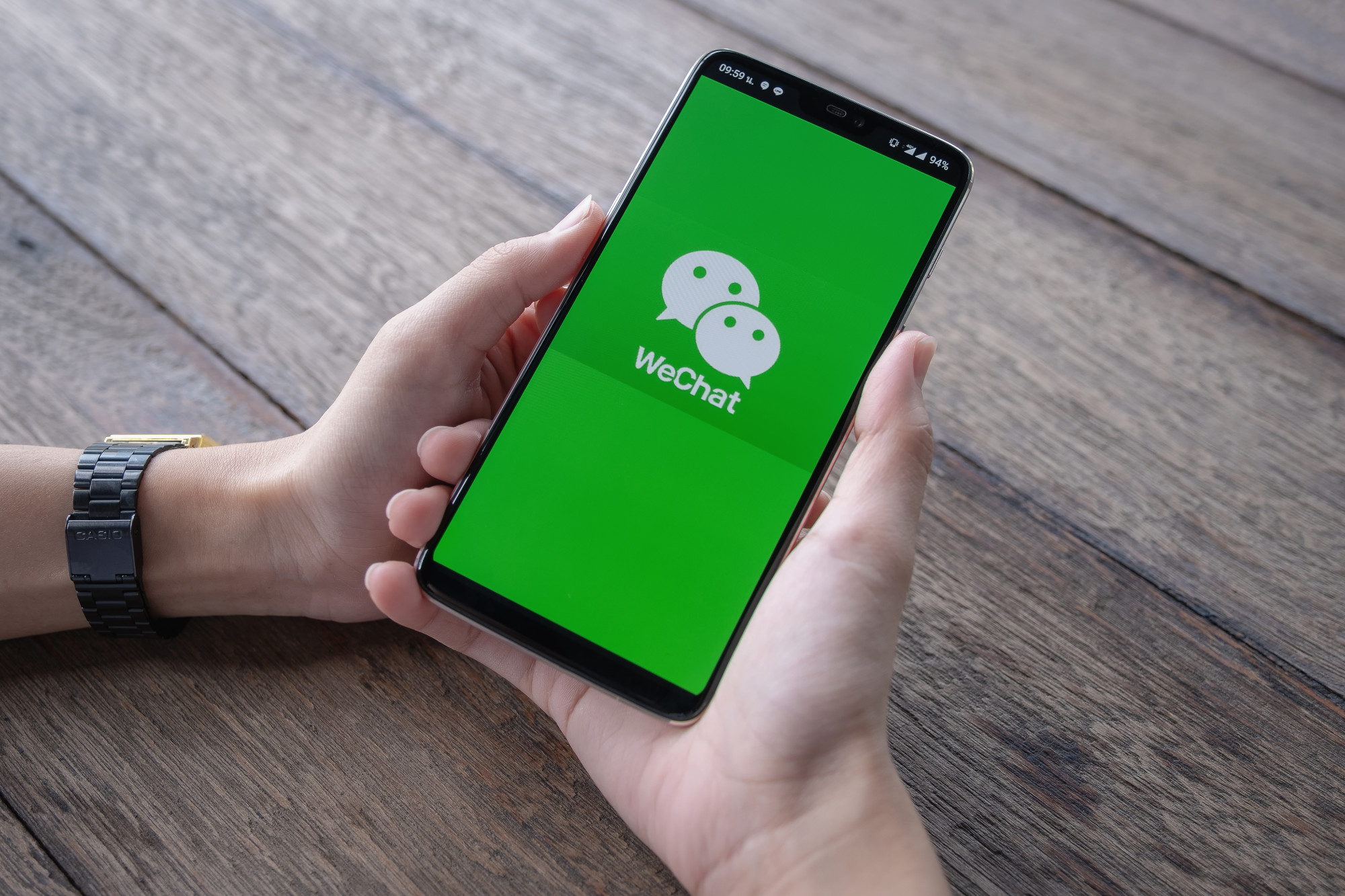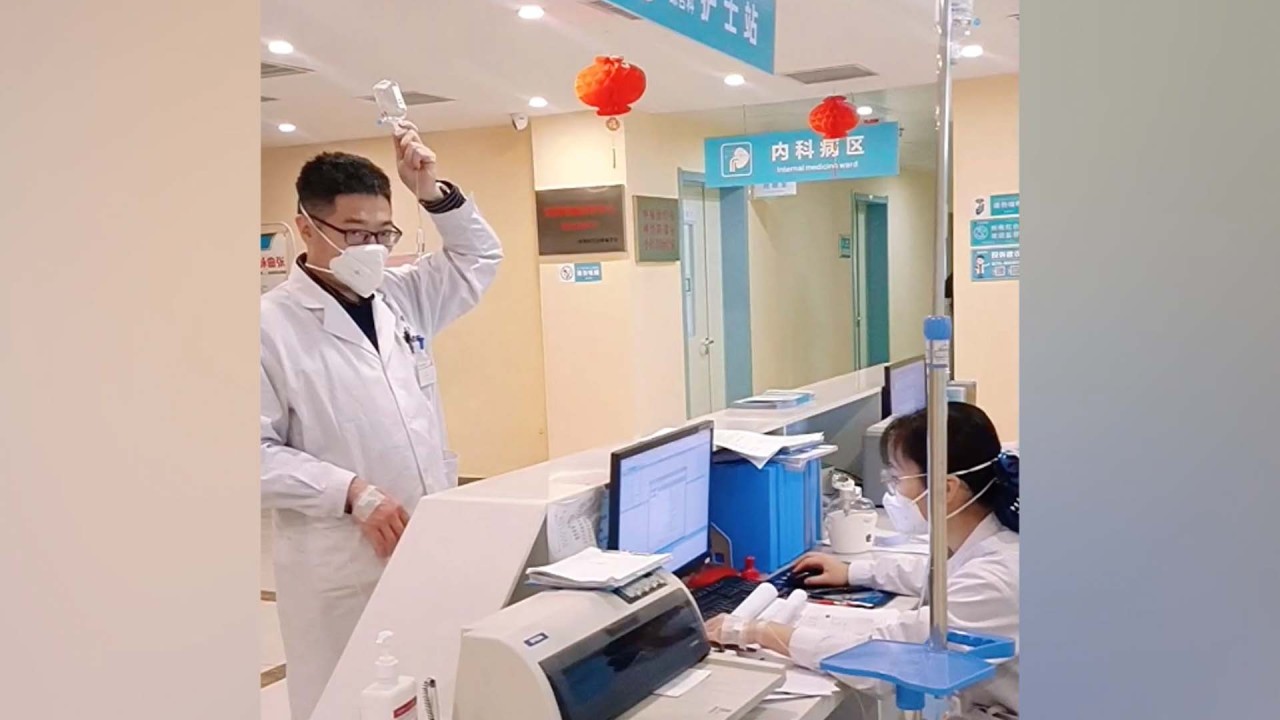
Omicron-targeting jabs available next week in Hong Kong for mainlanders booking with Chinese vaccine distributor, as private clinics charge up to HK$2,800
- Bivalent BioNTech jab services offered on platform operated by Shanghai Fosun Pharmaceutical Group, which includes 299 yuan booking fee
- Private clinics launch vaccine services catering to mainlanders, with one charging up to HK$2,800 for a single dose
Starting next week, mainland customers who booked online with the Chinese distributor of BioNTech’s Covid-19 vaccines will able to receive their Omicron-targeting jabs in Hong Kong, as prices citywide reached as high as HK$2,800 (US$358) for a single dose.
But private hospitals on Monday said they were uncertain whether enough travellers would take advantage of the border reopening and travel to the city, even to take a vaccine not available in mainland China.
Advertisements for private clinics offering the bivalent vaccine have flooded mainland social media platforms after Hong Kong authorities earlier made it clear that arrivals from over the border staying for fewer than 30 days were not eligible for a free booster jab. Residents can take the shots at government-run clinics free of charge.
China-made mRNA Covid vaccine targeting Omicron starts trial production
The Post observed that some individual medical centres were offering the jab to mainlanders at steep prices, with one clinic charging up to HK$2,800.
Shanghai Fosun Pharmaceutical Group, the national distributor of BioNTech’s vaccines, now offers appointments on the Chinese messaging app WeChat and charges a 299 yuan (US$44) booking fee before showing the available clinics, the price to receive a single jab or the open time slots.
As of Monday, the earliest available booking date was January 17, with the service offered at seven clinics in Tsim Sha Tsui and Causeway Bay for between HK$1,500 and HK$1,900 per jab. Only 32 spots were still vacant by 5pm.
According to the platform, the targeted vaccine was only available for those aged 18 and above who are already fully inoculated against Covid-19. Anyone who had contracted the virus could take the jab three to six months after recovery.

At the same time, a number of private healthcare providers in Hong Kong are also offering their own self-financed bivalent vaccination programmes, with some accepting online bookings from Fosun’s platform.
A Swindon Medical group clinic in Causeway Bay is charging HK$2,800 for a single dose but offers reduced prices of HK$6,000 and HK$9,000 for groups of three and six people, respectively.
A staff member said some mainlanders had started coming in each day to receive the jab, adding the clinic also offered walk-in sessions.
Two Virtus Medical Group clinics in Tsim Sha Tsui and Sai Wan also offer bookings, charging HK$1,880 for the bivalent vaccination service, with the provider saying several dozen spots were already reserved.
Commuters glad to be on move again after reopening of Hong Kong-mainland border
Meanwhile, Dr William Ho Shiu-wei, chairman of the Private Hospitals Association, said private hospitals in general were adopting a wait-and-see attitude to assess the level of demand.
“Following the border opening [on Sunday], the number of inbound tourists from the mainland was not that many. And among those, we do not know how many came here for Covid vaccinations,” Ho said.
Government figures showed 5,046 travellers on Sunday came to Hong Kong from the mainland, including 2,027 via land, ferry and bridge ports.
Ho also said there appeared to be no urgency to roll out the service given that a number of clinic groups had already announced their own vaccination programmes.
Acquiring the bivalent vaccine posed no significant logistical or supplies issues, with one pack containing six doses, he said. But higher costs and wastage could occur if each pack was not used in a timely manner, Ho added.
“If it turns out that mainlanders do come in droves for the service, I am sure private hospitals will have no problem responding quickly to the demand,” he said.
Dr Joseph Chan Woon-tong, deputy superintendent of the Hong Kong Sanatorium and Hospital, said his centre would offer its own bivalent jab package, which included a consultation and vaccination session, for HK$1,800.
Other facilities, such as the CUHK Medical Centre and the Hong Kong Adventist Hospital, said they were preparing to roll out their own services, but stopped short of providing further details.
Hong Kong malls chase after mainlanders with HK$18 million in perks as border reopens
Lawmaker Edward Leung Hei, a member of the Legislative Council’s health services panel, said he felt that, while the availability of bivalent vaccines in Hong Kong had contributed to attracting mainland tourists, it was not their sole incentive for coming.
“For now it still takes seven to 20 days for mainlanders to apply for the individual visit scheme, so I believe we need to wait till the Lunar New Year holiday to see more visitors from the mainland,” he said.
Permits issued under the scheme allow mainland visitors to come to Hong Kong for either one or two separate journeys, each lasting no more than seven days. The visas are valid for three months or one year, respectively.
Families, friends reunite as Hong Kong-mainland China border reopens after 3 years
Leung added: “But I do not expect a lot of people coming for the vaccines, as ours are not necessarily better in their eyes.”
The legislator also said he expected demand for fever and pain-relief medicine at local pharmacies would drop around the holiday period since many mainlanders would have already recovered by then.
Additional reporting by Sammy Heung, Kitty Wang and Karin Lyu



